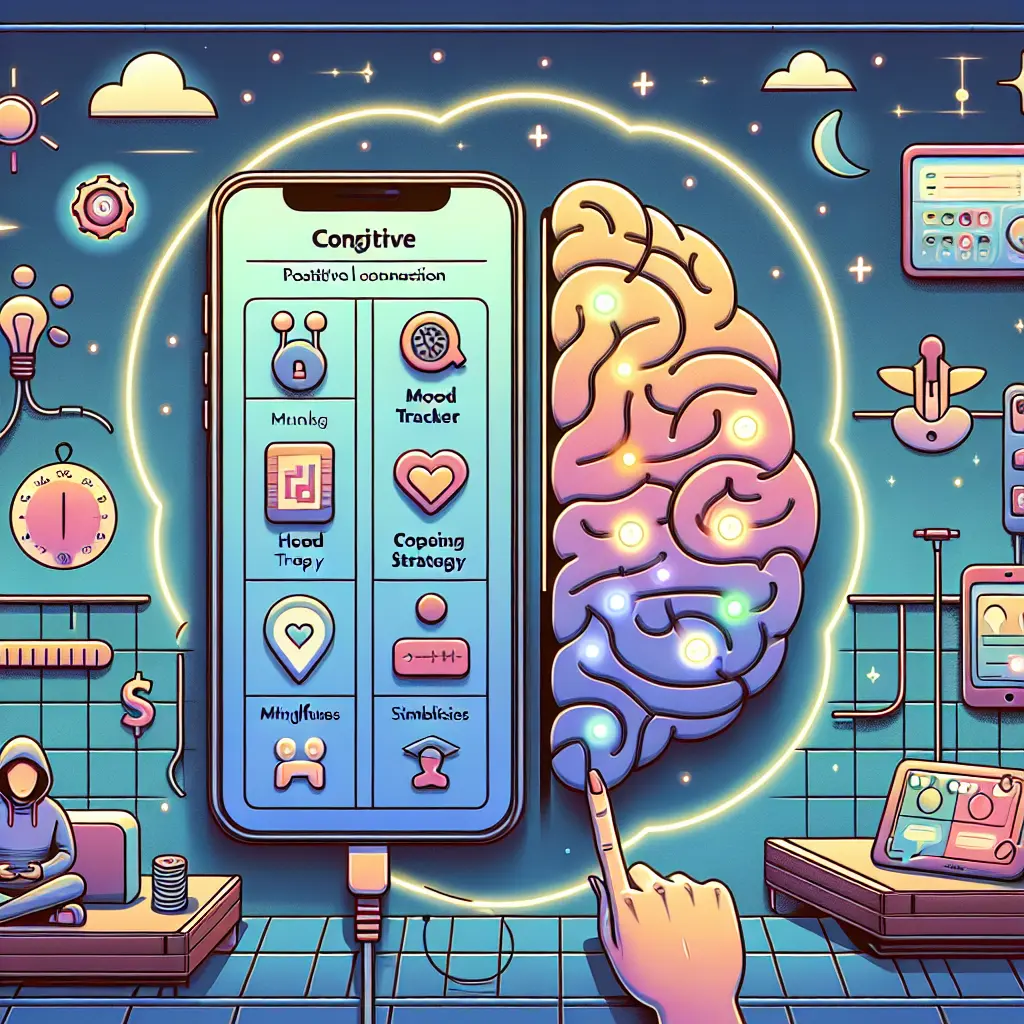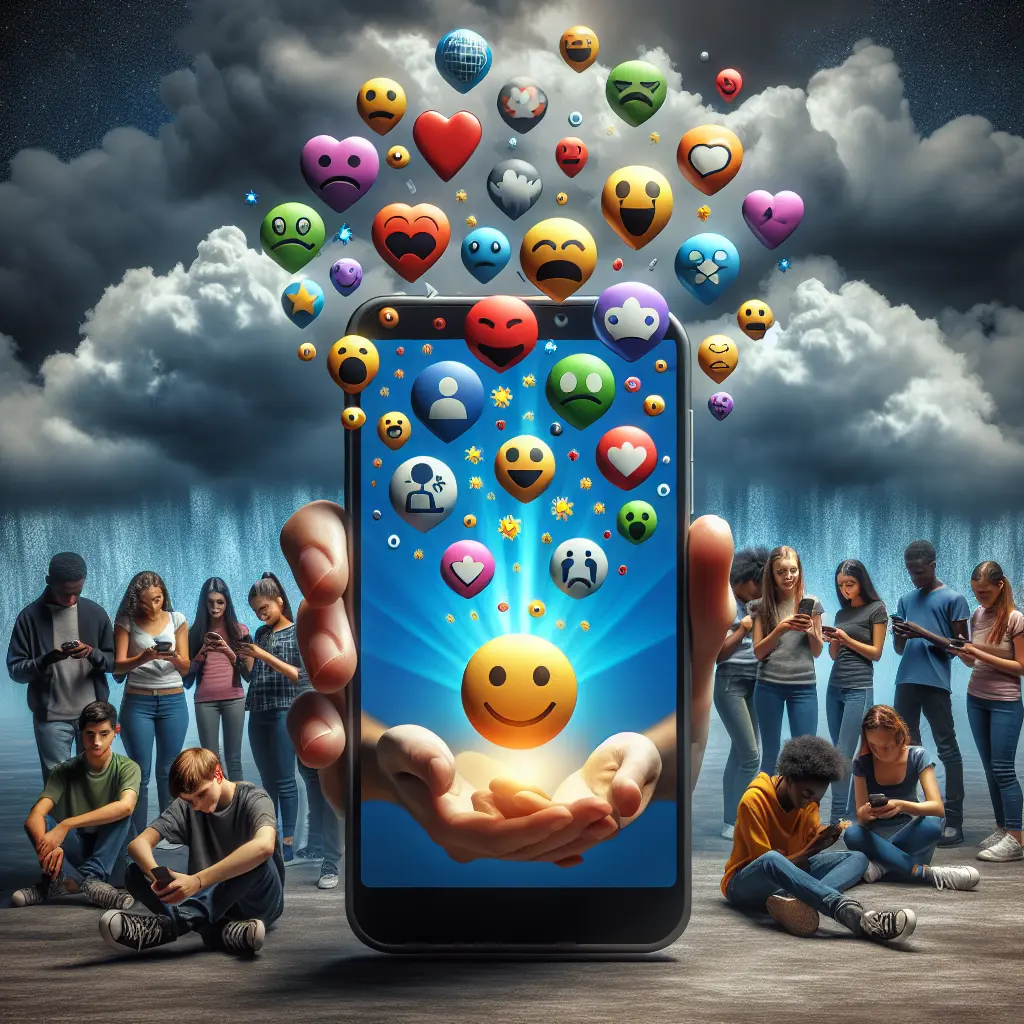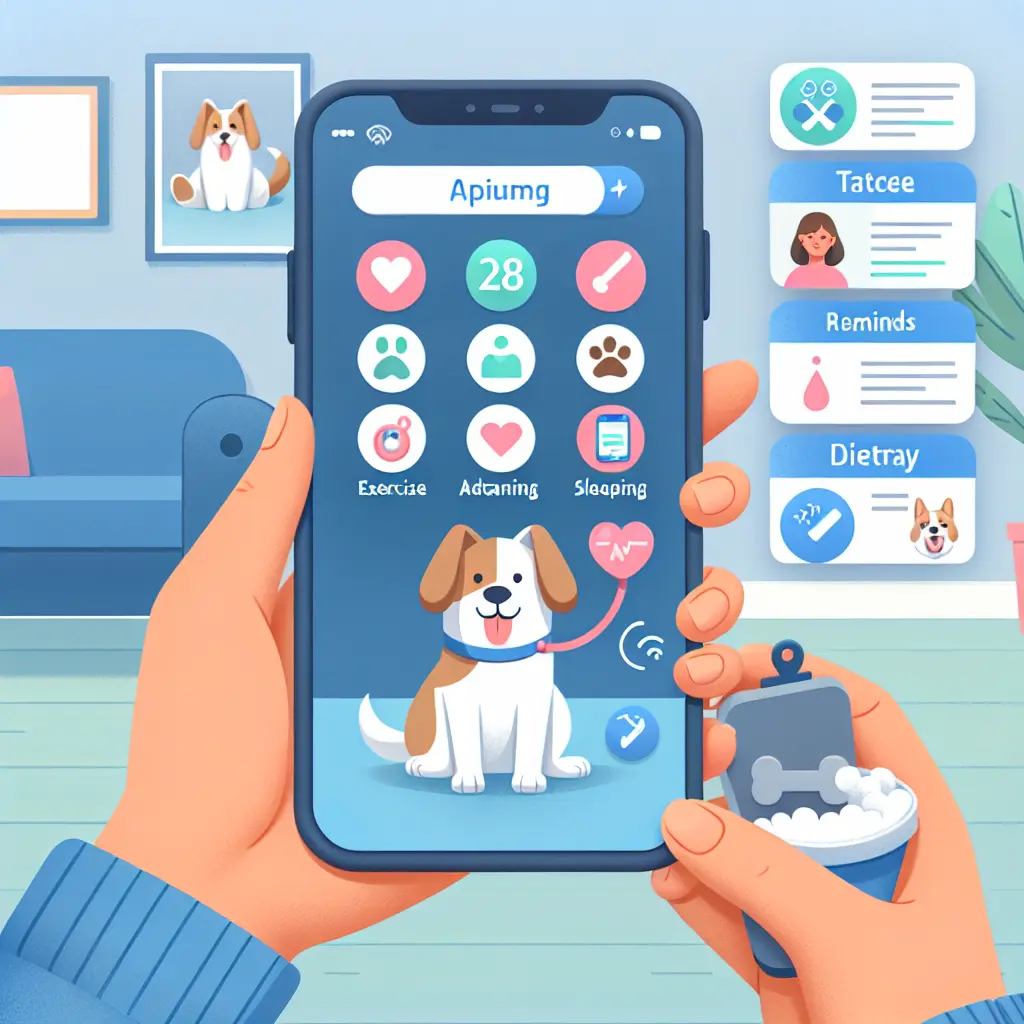In an era where mental health awareness is increasingly prominent, the intersection of technology and mental wellness presents a promising frontier. Mental health apps have emerged as vital tools in enhancing emotional resilience and psychological well-being. These digital mental health tools offer innovative ways to support emotional well-being, providing users with resources that were once only available through traditional therapy or counseling.
As more individuals seek convenient and accessible ways to manage their mental health, these apps serve as invaluable companions on their journey toward emotional strength and self-care. By integrating cutting-edge technology, they offer personalized experiences catering to various needs, from stress management to mindfulness and relaxation techniques.
Mental health apps have become indispensable for those seeking to improve their emotional strength and resilience. These digital platforms offer a wide array of features, from mindfulness and relaxation techniques to stress management. They allow users to access mental health resources traditionally available only through in-person therapy or counseling.
The rise of mental wellness apps aligns with societal trends prioritizing mental health improvement. A recent report from Mind UK highlights how these apps provide real-time support and guidance, fostering a proactive approach to mental health management.
Recent innovations exemplify the potential of mental health technology. For instance, PowerWash Simulator's special edition aimed at supporting mental health research underscores gaming platforms' potential to contribute to emotional well-being. Initiatives like these demonstrate how digital platforms can be creatively leveraged to enhance psychological resilience.
Exploring the Role of Mental Health Apps in Enhancing Emotional Resilience
Moreover, companies are adopting inclusive strategies to support employee well-being. A 2023 article from Harvard Business Review discusses how businesses integrate mental wellness apps into employee programs, recognizing emotional resilience's importance in maintaining a productive workforce.
While the benefits of mental health apps are numerous, they also present challenges. Privacy concerns are paramount, as users must trust that their personal data is securely managed. Additionally, the effectiveness of these apps can vary significantly, emphasizing the need for rigorous evaluation and validation. According to a study by the American Psychological Association, developers must ensure their apps are grounded in scientific research to benefit users' emotional well-being truly.
Cultural shifts influence the adoption and functionality of mental wellness apps. The sober dating revolution led by Gen Z reflects a broader trend toward mindful living and self-care. As younger generations increasingly prioritize mental health, there is growing demand for digital tools that align with these values. This shift prompts app developers to incorporate features such as mindfulness exercises and stress reduction techniques.
Real-world applications of mental health technology demonstrate its potential in enhancing emotional resilience. Olympians, renowned for their focus and determination, often rely on mental health strategies to maintain performance levels. Insights from psychologists working with Olympians reveal how mental wellness apps can aid in maintaining focus and reducing stress—skills transferable to everyday life (source).
Looking Ahead: The Future of Mental Health Apps
Similarly, personal stories like that of a lawyer overcoming work-induced stress by changing her habits highlight digital tools' transformative power in fostering emotional well-being. Her journey underscores how mental health resources can facilitate substantial lifestyle changes, leading to improved overall health (source).
As we look to the future, the potential for mental health innovation continues to expand. The Samsung Galaxy Watch 7 and its suite of Wear OS companion apps illustrate how wearable technology is being harnessed to support mental health management. These devices offer users the ability to engage in resilience-building activities seamlessly throughout their day, further integrating mental wellness into daily routines.
Moreover, ongoing developments in AI technology present both opportunities and challenges for digital mental health tools. While AI can enhance user experience through personalized insights and recommendations, ethical considerations around privacy and data security must be addressed to maintain user trust.
In conclusion, mental health apps stand at the forefront of a digital transformation reshaping our approach to emotional resilience and well-being. As these tools continue to evolve, they hold significant promise in providing accessible and effective mental health support. By embracing this innovation, individuals and organizations alike can foster a more resilient society equipped with the resources needed to thrive emotionally in an ever-changing world.
As we embrace these innovations, I invite you to reflect on how mental health apps might support your journey toward emotional resilience. Consider exploring different apps to find those that resonate with your needs and values. I would love to hear your experiences or insights on using mental health technology—feel free to share in the comments below.









Leave a Comment